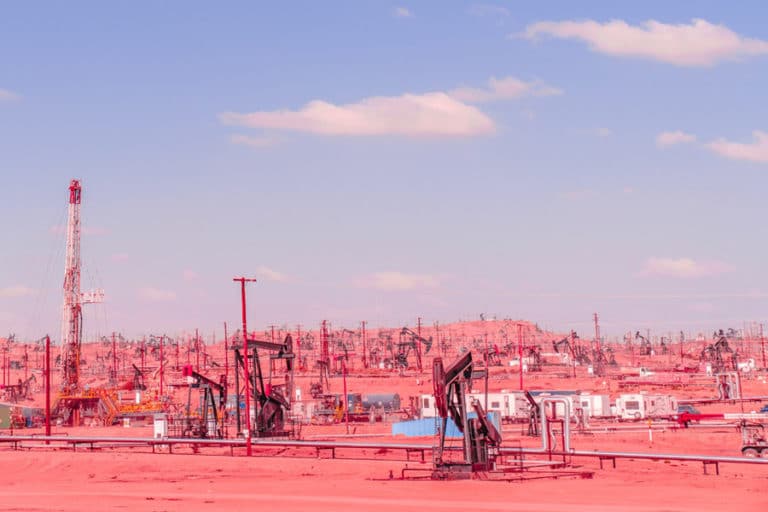Why is the U.S. paying no attention to climate change? Because of Trump

Things are heating up in the U.S., with 2018 being the 4th hottest year on record. Natural disasters in the U.S. alone the past year cost the country nearly $91 billion dollars, and as temperature globally increases, it’s almost guaranteed that the volatility of these natural disasters will become more and more reoccurring, bringing on more droughts, more floods, and more hurricanes.
Countless groups and agencies have published reports demonising our global GHG emissions, the rate of animal extinction, and our eating habits. The results have lead to some countries proving much-needed leadership in regards to environmental consideration and adaptation. The U.S., amongst all of this, seems to be impressively absent amidst the global conversation, and mostly a mess in terms of internal action.
The bombardment of pictures, tweets, video clips, and news headlines seems overwhelming—how can anyone not understand that there is a dire need for the U.S. to focus on climate change? According to a Yale University study, a majority of Americans don’t believe that climate change will harm them directly. This confusion can be attributed to a lack of true understanding of what climate change is, as well as not comprehending that it will affect human health.
Though commonly agreed on by politicians within a variety of countries, at fault for this lack of general knowledge is the current political administration in the United States, and their refusal to acknowledge the catastrophic future of climate change.

The age of Trump has seen many losses within the realm of environmentalism, which has made the administration infamous amongst other nations. Setting the tone at the start of his presidency, the Trump administration pulled out of the Paris Climate Agreement. Since, the Trump administration has taken on many disheartening actions, like dropping climate change from the list of national security threats, and attempting to scrap the clean power plan policy put in place by the Obama administration. Trump has made his stance on the matter clear, confusing many citizens about the urgency of climate action.
Luckily, it is evident that many people are very unhappy with the U.S.’s current strides towards a greener world. As a result, we’ve seen an uprising of random pockets of environmental concern. Short-sighted solutions for long-term environmental issues seem to be developing in the little wiggle room available without governmental backing and funds. Mitigative solutions such as releasing hundreds of goats to clear dead bush in California as they prepare for another potentially devastating summer of fires splash across headlines. Beyond Meat’s IPO has demonstrated consumers’ desire to promote healthier and more conscious eating standards. The no-straw movement has lead to the demonisation of what used to be a common tool used day-to-day. These strings of actions, though important, are unfortunately not the most urgent action needed in today’s world to truly tackle a reduction in emissions, and certainly not what you would expect from a powerhouse country.
As the country struggles to navigate through the confusion, anxiety, and realness of climate change, the most obvious lack of understanding can be directly linked to the lack of political unity concerning the matter. Policies like the Green New Deal, or others that would reduce emissions and create substantive long-term committed change for the country are lacking during the most crucial of times. Each region of the U.S. will undeniably be affected differently as temperatures continue to rise. The question of how impactful these effects will be, how costly, and how deadly are all related to how the administration chooses to act now. So please Donald, do something quick.




